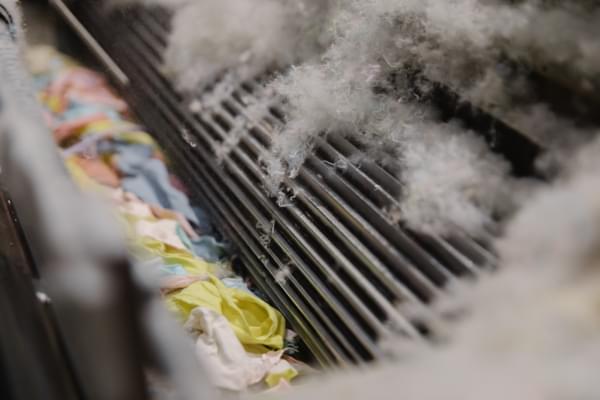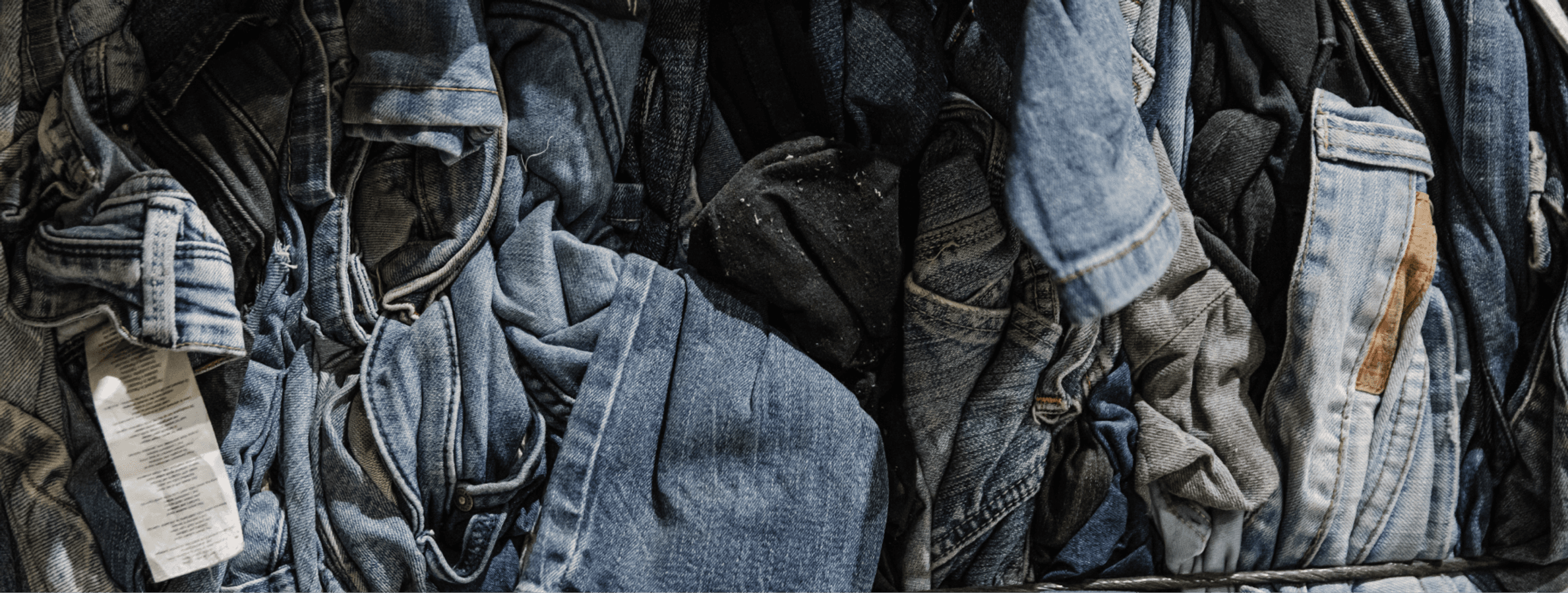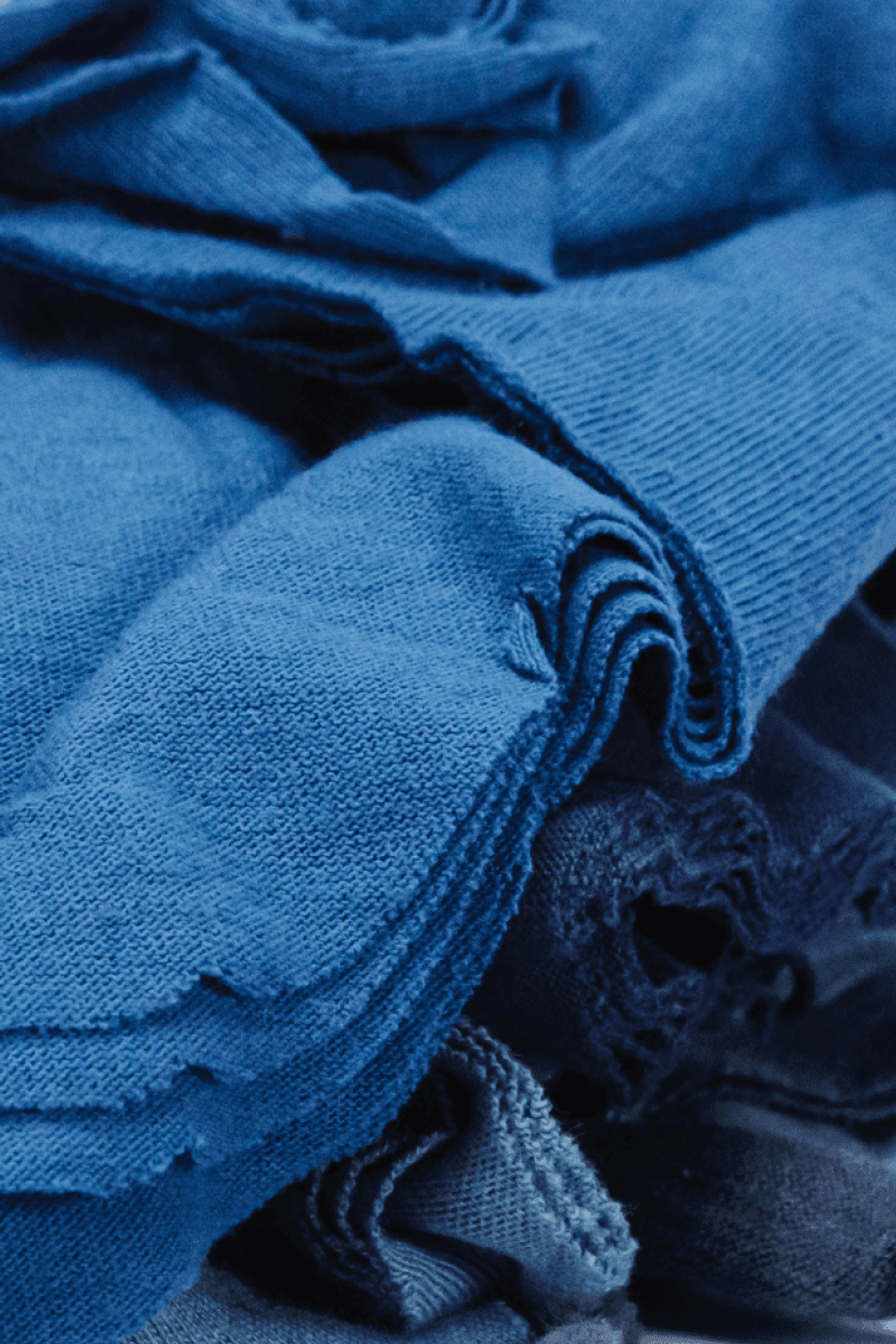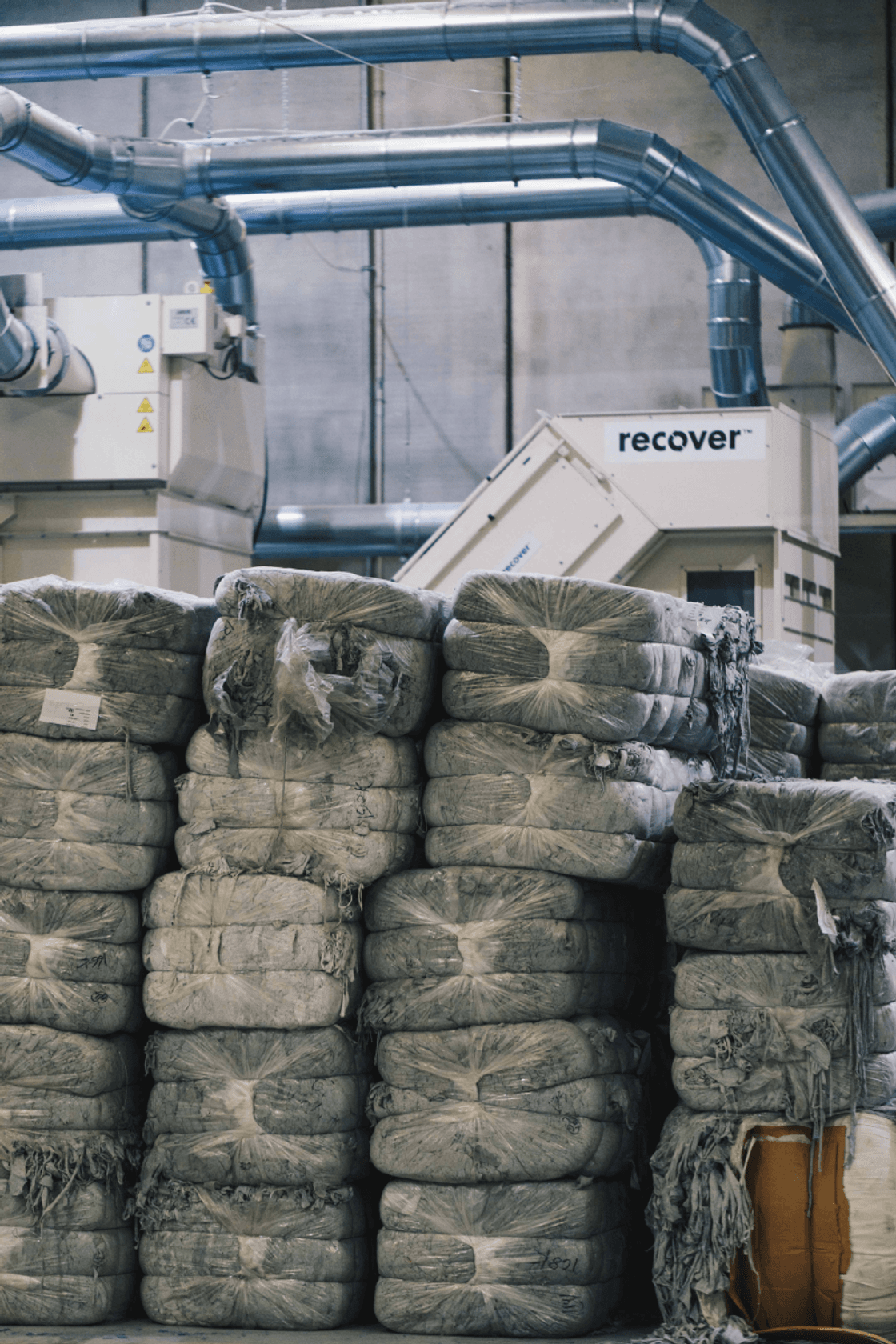The Role of Rule-makers

Site map

While the environmental need for circularity in the textile industry is undeniable, legislative decisions serve as strong drivers for consumers and businesses to move towards more circular models.
At Recover™, we help the businesses we partner and collaborate with to stay on top of key legislative changes, and to always be one step ahead of industry standards. Keep reading to learn more about the policies influencing the textile industry in the European Union and the United States today.
The goal of the new Waste Framework Directive is to increase the level of protection of the environment and public health from the impacts of waste management. More specifically, the objectives are to limit waste generation, increase reuse, and increase cost-efficient preparing for re-use and quality recycling, including for textile wastes.
As a result, Member States would be required to set up the collection of textiles by the 1st of January 2025. Some guidelines about collection are:
However, there is a lack of reuse or recycling targets in the targeted revision. There will be an assessment to get proper data, to be completed by June 30, 2025. The aim will be on setting such targets for 2028. Despite this, the adaption of the Directive has the potential to massively increase post-consumer waste volume in Europe beginning in 2025, solving one of the major challenges facing textile recyclers today: sourcing feedstock.

The Commission is proposing to introduce mandatory and harmonized Extended Producer Responsibility (EPR) schemes for textile products, including clothing and footwear. This is to cover the costs of separate collection, sorting, and recycling of textiles they make available in the EU market, and Member States are required to establish EPRs within 18 months.
EPR schemes require producers to take responsibility for the entire lifecycle of their products, particularly at the end of the product’s life. Reporting guidelines for companies have been added, which should help with the harmonization of EPR reporting.
The EPR eco-modulation fees will foster the use of recycled materials and the scope includes clothing, accessories, blankets, bed linen, curtains, hats, footwear, mattresses, and carpets, including those containing textile-related materials like leather, composition leather, rubber, or plastic.



Earlier this year, France’s lower house of parliament approved a bill seeking penalties on ultra-fast fashion products, in a step to reduce the textile sector’s environmental footprint. This is the latest in a string of measures put forward by France’s lower house of parliament to make ultra-fast fashion less attractive to buyer. France has been moving fast in the past months to promote circularity, durability and transparency in the textiles industry.
This particular bill calls for gradually increasing penalties of up to 10 euros ($11) per individual item of clothing by 2030, as well for a ban on advertising for such products. The proceeds from the charge will be used to subsidize producers of sustainable clothes, allowing them to compete more easily.
California’s new Responsible Textile Recovery Act of 2023 would require producers to establish a stewardship program for the collection and recycling of any apparel or textile products that are unsuitable for reuse by consumers in its current state or condition. The Act aims to facilitate the repair and reuse of clothing and the recycling of textile fibers and will be enacted under the Bill SB 707. The legislation would establish an extended producer responsibility (EPR) scheme for textiles unsuitable for reuse by consumers.
SB-707 would also establish the Textile Stewardship Recovery Fund, which would receive the paid fees. The funds collected will be allocated to the Department of Resources Recycling and Recovery to cover the costs associated with program implementation and enforcement.

The European Waste Shipment regulation was recently revised, aiming to aid the transition to a circular economy.
The proposal would introduce a general prohibition on shipments of waste for disposal in another Member State. Shipments of waste for disposal would be allowed only in exceptional cases, while shipments of mixed municipal waste for disposal would be prohibited.
The agreement maintains the ban for member states to export waste for disposal to third countries and to export hazardous waste destined for recovery in non-OECD countries.
For shipments outside the EU member states, the co-legislators agreed that waste management facilities at the country of destination should be audited by independent bodies. The audits would prove that the facilities treat waste in an environmentally sound manner and operators would only be allowed to export waste to these facilities if this were the case.
Official publication is scheduled for May 2024, already endorsed by the Parliament, and pending to be endorsed by the Council. The Waste Shipment regulation will then come into force 20 days after publication.
Want to stay in touch with the latest industry news?